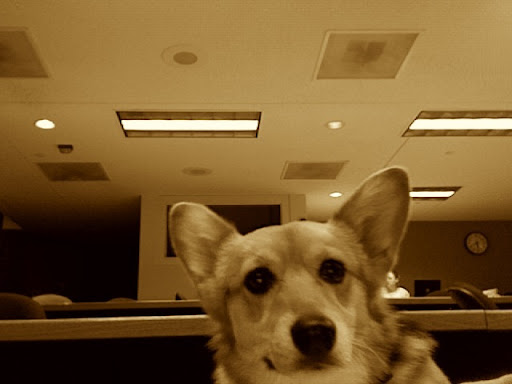- Joined
- Feb 23, 2007
- Messages
- 93
- Reaction score
- 0
How many of you are planning to have a dog while in vet school? Are you worried about having enough time? Enough space?
I currently have a cat and a rabbit and I've been thinking about finally allowing myself to get a dog...on one hand, this summer would be the perfect time to bond, do obedience training, etc. before starting school. But on the other hand, I will be very very busy come August and may be moving to Philadelphia on top of it all.
My current boss, who is a vet, said "You won't have time! Just adopt another cat." However I know that a lot of vet students do have dogs without a problem, so I was just wondering what other people's thoughts were on the subject.
I currently have a cat and a rabbit and I've been thinking about finally allowing myself to get a dog...on one hand, this summer would be the perfect time to bond, do obedience training, etc. before starting school. But on the other hand, I will be very very busy come August and may be moving to Philadelphia on top of it all.
My current boss, who is a vet, said "You won't have time! Just adopt another cat." However I know that a lot of vet students do have dogs without a problem, so I was just wondering what other people's thoughts were on the subject.


